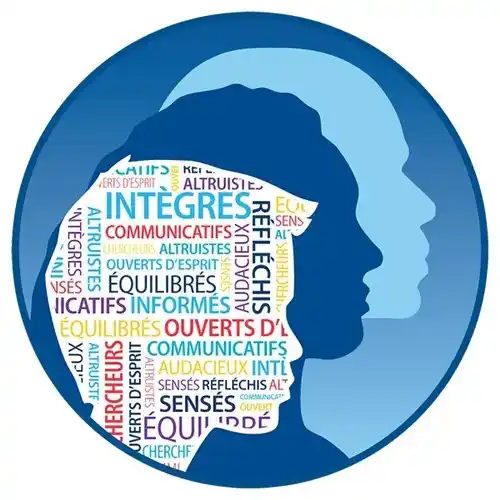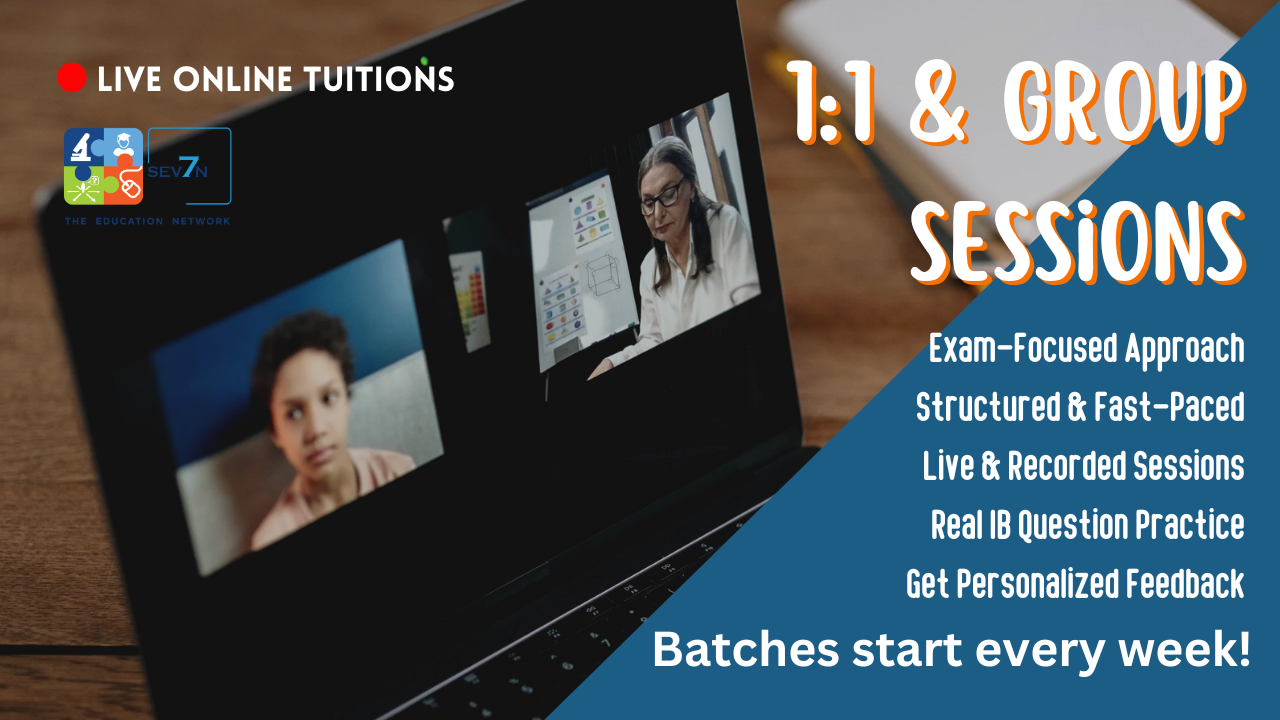TOK EXHIBITION Object 1: Google’s PageRank Patent Document
- Theme: Knowledge and Technology
- Specific Example: The patent for Google’s PageRank algorithm, foundational to its search engine technology, exemplifies how algorithmic biases can shape access to information online. This document can be analyzed to understand the criteria used for ranking web pages, highlighting the built-in biases that affect which knowledge becomes prominent. Google’s search algorithm stands as a modern testament to the challenges of bias in the digital age. It shapes the information landscape, influencing what knowledge is readily accessible versus what remains obscured. This algorithm, by prioritizing certain sites based on complex, proprietary criteria, inadvertently embeds biases into the fabric of digital knowledge dissemination. It prompts examination of how technological tools, while designed to enhance access to knowledge, can also reflect and reinforce existing societal biases, raising critical questions about the neutrality of technology in knowledge production.
Immerse yourself in an interactive learning experience where TOK, ATTL, and the IB Learner Profile come to life! Subscribe today for complete access to our innovative resources and become part of a community of educators committed to fostering a dynamic and engaging learning environment.
 Group Discounts for IB Students Enrolling Together!
Group Discounts for IB Students Enrolling Together!
TOK EXHIBITION Object 2: “Invisible Women: Data Bias in a World Designed for Men” by Caroline Criado Perez
- Theme: Knowledge and the Knower
- Specific Example: This book investigates gender bias in data collection and analysis across various sectors, including medicine, transportation, and technology. It serves as a tangible example of how gender bias in scientific research and data analysis can lead to knowledge that overlooks or misrepresents half of the population’s needs and experiences. Studies highlighting gender bias in scientific research, such as those examining the underrepresentation of women in clinical trials, underscore the systemic biases that can influence knowledge production in the sciences. These studies reveal how assumptions and norms within the scientific community can shape research questions, methodologies, and interpretations, potentially skewing findings and conclusions. This object encourages discussion on the implications of such biases for the reliability of scientific knowledge and the importance of reflexivity and diversity in mitigating bias.
TOK EXHIBITION Object 3: The Associated Press Stylebook, 2020 Edition
- Theme: Knowledge and Language
- Specific Example: The 2020 edition of The Associated Press Stylebook provides guidelines on language use that reflect efforts to address bias in news reporting. It includes updates on race-related coverage, gender-neutral language, and more, illustrating ongoing attempts to minimize bias in journalistic knowledge production. The style guide used by journalists and media organizations illustrates the subtle ways language can introduce bias into the dissemination of knowledge. Through guidelines on word choice, framing, and representation, these guides have a profound influence on how events are reported and understood by the public. They serve as a basis for discussing the inevitability of bias in communication and the critical role of language in shaping perspectives, highlighting the need for critical media literacy in navigating the complex landscape of modern news.
 STEM-Focused IB HL Science Tuition!
STEM-Focused IB HL Science Tuition!
TOK EXHIBITION Object 4: Object: Indigenous Artifacts Display at the British Museum
- Theme: Knowledge and Indigenous Societies
- Specific Example: The display of indigenous artifacts from the Benin Bronzes collection at the British Museum highlights the complexities of cultural representation and interpretation within institutional settings. This specific display can prompt discussions on how the curatorial narratives and contexts provided by museums affect the understanding and appreciation of indigenous cultures, often reflecting colonial biases.The presentation of indigenous artifacts in museums often reflects the biases of curators and institutions, influencing the narrative and context in which these objects are understood by the public. The selection, organization, and interpretation of artifacts can perpetuate stereotypes or omit crucial cultural contexts, illustrating how bias in the production and dissemination of knowledge can affect our understanding of indigenous cultures and histories. This object prompts reflection on the responsibility of knowledge custodians in presenting unbiased, respectful, and accurate representations of cultures.
🧾 Free EE/TOK Rubric Breakdown Guides
TOK EXHIBITION Object 5: Crowdsourced Environmental Data Collection App (e.g., eBird)
- Theme: Knowledge and Technology
- Rationale: eBird, a crowdsourced bird observation database, represents an innovative approach to gathering environmental data. While democratizing scientific data collection, it also raises questions about the biases inherent in citizen science—such as uneven geographic coverage, observer expertise, and species identification skills. This app exemplifies the challenges and biases in knowledge production even in well-intentioned, participatory science projects, highlighting the importance of addressing these biases to ensure the reliability and comprehensiveness of the knowledge produced.






